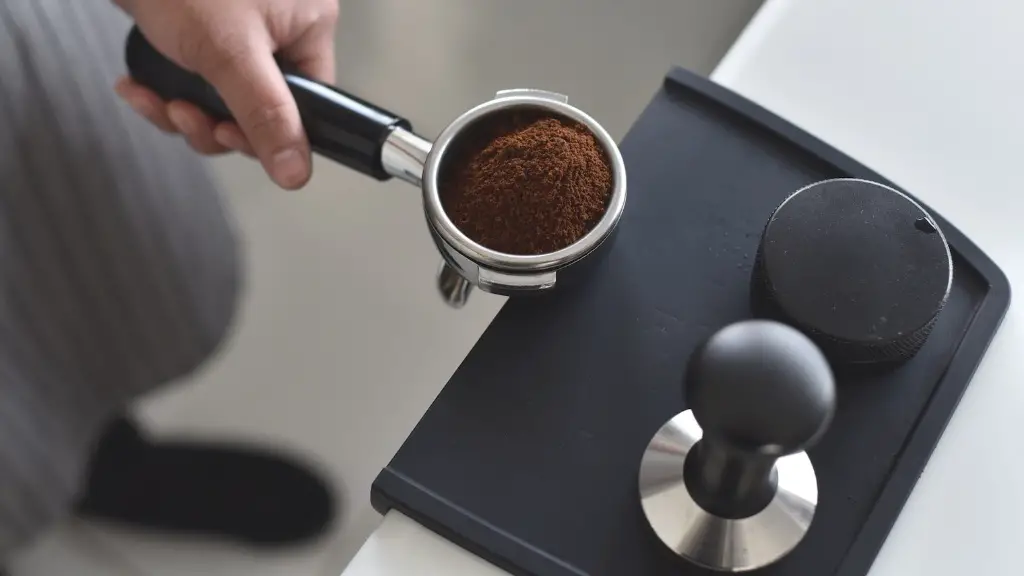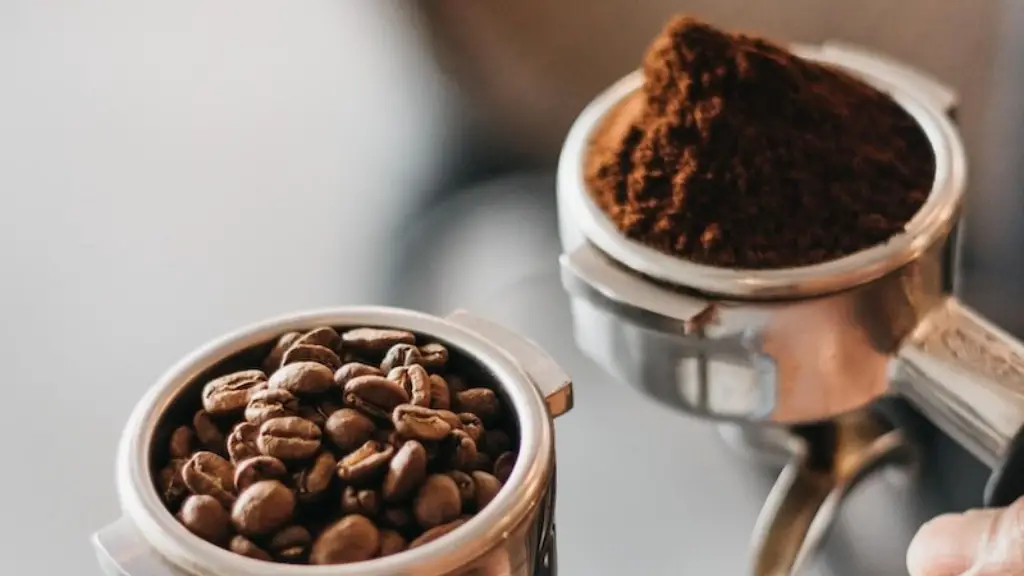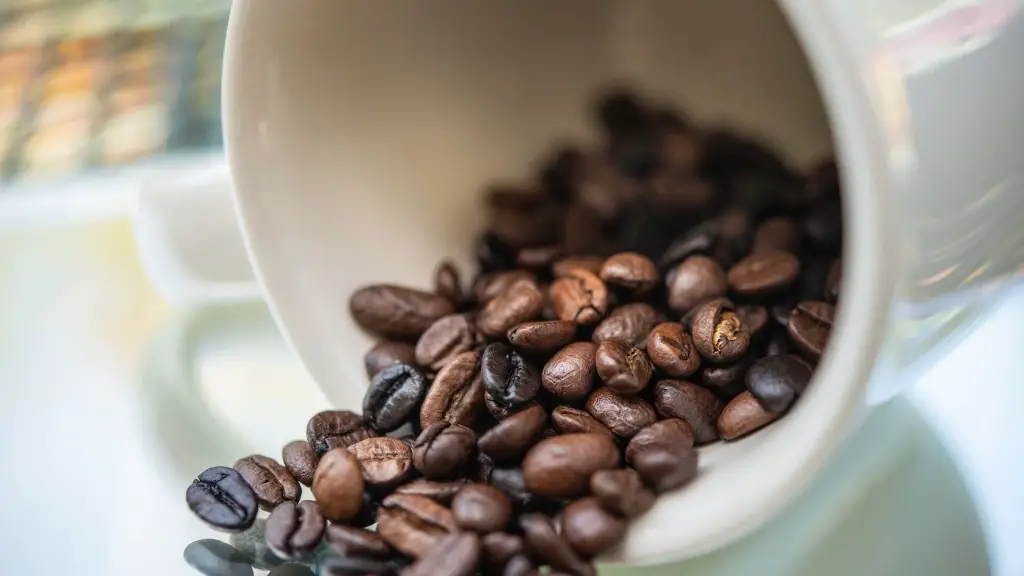The debate over coffee and health is intensifying with the ever-popular keto diet. Caffeine has both beneficial and harmful effects on the body. Before embarking on a diet that eliminates most carbohydrates and sugars, it is important to have an understanding of coffee’s affect on the body, particularly on blood sugar levels, and the recommended amount of coffee one should drink while on the keto diet.
Though coffee does provide an energizing effect and alertness, it most importantly contains compounds that can lead to health benefits. Caffeine is a stimulant that increases the release of fatty acids from the body’s fat stores. These compounds provide energy to fuel the body, help increase metabolism and motivate further calorie burn. Studies have shown that regular coffee consumption can help reduce the risk for heart disease and Type 2 Diabetes.
For those who wish to indulge in the advantages of caffeine via coffee, there are several questions to consider when it comes to the keto diet; how much coffee is generally safe to drink and is it okay to add cream and/or sweeteners? According to nutritionists and keto diet experts, black coffee is the best way to consume and get the full benefits of caffeine. The caffeine content of a cup can differ widely, ranging from 50mg-400mg, so it is important to consider the amount of caffeine you are ingesting each day. For most people, a cup or two of black coffee, adds up to an ideal consumption amount of caffeinated drinks while on the keto diet.
It is strongly recommended to avoid adding cream or non-dairy milks to coffee as these ingredients are filled with unhealthy carbohydrates and added sugar, both of which are not conducive to the keto diet. If a person does add cream, the more preferable option should be unsweetened almond milk, which can balance out the bitterness of the coffee. Sweeteners are also usually not recommended as these contain carbohydrates and added sugars that can interfere with the ketosis process of the keto diet.
The bottom line is that coffee as a beverage can be an excellent addition to the keto diet when consumed in moderation. To get the most out of this energizing beverage while still keeping in compliance with a keto diet, keep it simple and stick to just black coffee.
The Impact Of Caffeine On Mental Health
Though drinking coffee has been seen to be beneficial to the body, caffeine may also have an effect on mental health. Caffeine consumption can benefit aspects of brain functions such as attention, memory and alertness, however, too much consumption can also have a negative effect on mental health. Individuals affected by anxiety disorders or with a family or personal history of anxiety should be particularly mindful when it comes to consuming caffeine, as it can increase tension and nervousness.
Several studies have shown that caffeine may lead to physical sensitization resulting in an increase of irritability throughout the day. Too much caffeine can cause muscle tension, panic attacks and an intensification of stressful feelings. This can lead to a decrease in performance and productivity rather than an increase.
When drinking coffee as a part of a keto diet, it is key to remember to limit the daily caffeine intake. One of the best ways to manage the use of coffee is by developing a regular rhythm for drinking coffee and allowing yourself the right amount of time to rest and recharge. Taking a break during the day gives the body and mind the time it needs to perform its routine tasks and mental functions properly.
Alternatives To Coffee
For those that wish to avoid the relatively high levels of caffeine present in coffee, there are many healthier and caffeine-free alternatives available. Green tea or other types of herbal tea can provide antioxidants and added health benefits. However, it is important to note that though these alternatives are generally caffeine-free, some herbal teas come with high levels of caffeine, such as Yerba Mate.
Golden Milk is another great option that is high in carbon-based antioxidants, and can help reduce the risk of cell damage, heart disease and premature ageing. Golden Milk is made from a combination of turmeric and full fat coconut milk. It not only offers a robust flavor and fewer calories, it is also thought to be an anti-inflammatory, help improve skin health and can even help battle depression.
Lastly, bone broth is not only nutrient dense, but also a great substitute for coffee. It is low in calories and fat but high in protein, minerals, and electrolytes and is a good source of vitamin B12 and zinc. It can help maintain skin health, provide a healthy gut and aid in joint repair.
The Strain On The Body
To properly understand the implications of consuming coffee on the keto diet, it is important to be aware of the strain that is put on the body. Due to the diuretic effect of coffee, excessive caffeine consumption over a period of time can put undue pressure on the kidneys and lead to dehydration. It is recommended by experts to intersperse coffee with also drinking water to keep the body hydrated, ultimately allowing you to avoid caffeine overload.
Keep in mind that while black coffee is generally seen as a helpful component of the keto diet, overindulging can have its drawbacks. As with any other food or beverage, moderation is key when consuming coffee to stay healthy, energized and alert.
Mindful Coffee Consumption
Having an understanding of the effects of various substances on the body is what will help achieve optimal performance and optimal health overall. This knowledge is key to developing mindful eating habits that take into account all of the positive and negative effects of what one is consuming. When it comes to the amount of coffee to consume within the framework of a keto diet, it is important to pay attention to one’s daily habits and to stay within the recommended amount of cups of coffee.
Coffee does have beneficial effects that can help provide alertness and an energizing feeling, but an oversaturation of caffeine can lead to the inability to perform and function optimally. When indulging in the advantages that come from caffeine and the keto diet, be mindful not to overconsume and look out for signs of caffeine overload.
What to Eat With Coffee
Though coffee is generally not eaten, it is possible to eat certain foods with coffee as part of a keto diet. High-fat foods like bacon or sausage can balance out the intensity of the flavor and be enjoyed together with black coffee. Moreover, certain nut-based snacks, like nut butters, offer low-carb and high-fat components and can help slide into ketosis.
Cheese, specifically cottage cheese and feta cheese, are also a great complement to both coffee and a keto diet. These varieties provide healthy fats, helping to stay satiated for longer and can be a great morning snack in tandem with coffee. By gathering enough knowledge about coffee and the proper food items to accompany it, it is possible to enjoy the advantages of caffeine while supporting a healthy diet.
Keto-Friendly Alternatives To Coffee
Lately, keto-friendly diets have become more popular but many of their followers find them difficult to stick to. In order to prevent any of the drawbacks that come with consuming too much caffeine and to maintain a proper balance, it is important to explore alternative food sources that can provide the same health benefits.
Consuming certain forms of cocoa or chocolate is considered a low-carb snack that can be beneficial while on a keto diet. Cocoa and dark chocolates contain a smaller amount of caffeine and are high in polyphenols, which are a family of antioxidants that can have health benefits that last long-term. Cocoa and dark chocolate have also been seen to improve cardiovascular health, and they can replace morning coffee.
Vitamin-packed smoothies can also provide a great source of energy that can substitute for morning coffee, and are low in carbohydrates and high in nutrients. There are many types of ‘low-carb’ smoothies that could be beneficial for a keto diet, as they provide a boost of energy and are filled with vitamins and minerals that can help the body reach its peak performance.
Some of these healthy alternatives include smoothies made from a variety of ingredients like nut butters, avocados, greens, cacao nibs and dark chocolate. Combinations such as almond butter, kale, avocado and coconut milk give a boost of nutrients and energy with minimal amounts of carbohydrates.
Boosting Workout Routine
Coffee can also be used to boost physical performance in a workout routine, as it has been associated with increased physical activity. This is due to the caffeine’s ability to stimulate an increase in adrenaline and act as an ergogenic aid. Several studies have indicated that caffeine can help enhance physical performance, specifically with aerobic performance and anaerobic power.
Caffeine intake prior to a workout can have a positive effect on results by providing a surge of energy, but it is important to consider the intensity of the desired workout. While pre-workout supplements can be useful in providing energy, it is important to be mindful of the quantity that is consumed, as too much can be detrimental.
The keto diet is thought to have many health benefits, and when done properly, it can be a great way to fuel the body and increase physical performance. By combining this diet with mindful consumption of coffee, it is possible to gain all of the health benefits that come from partaking in the keto diet.





